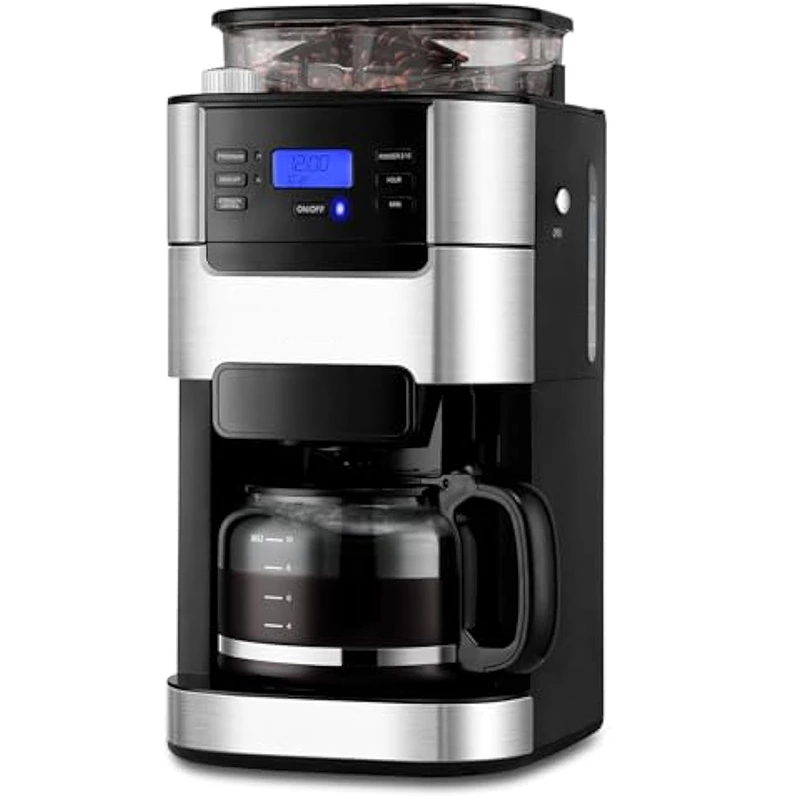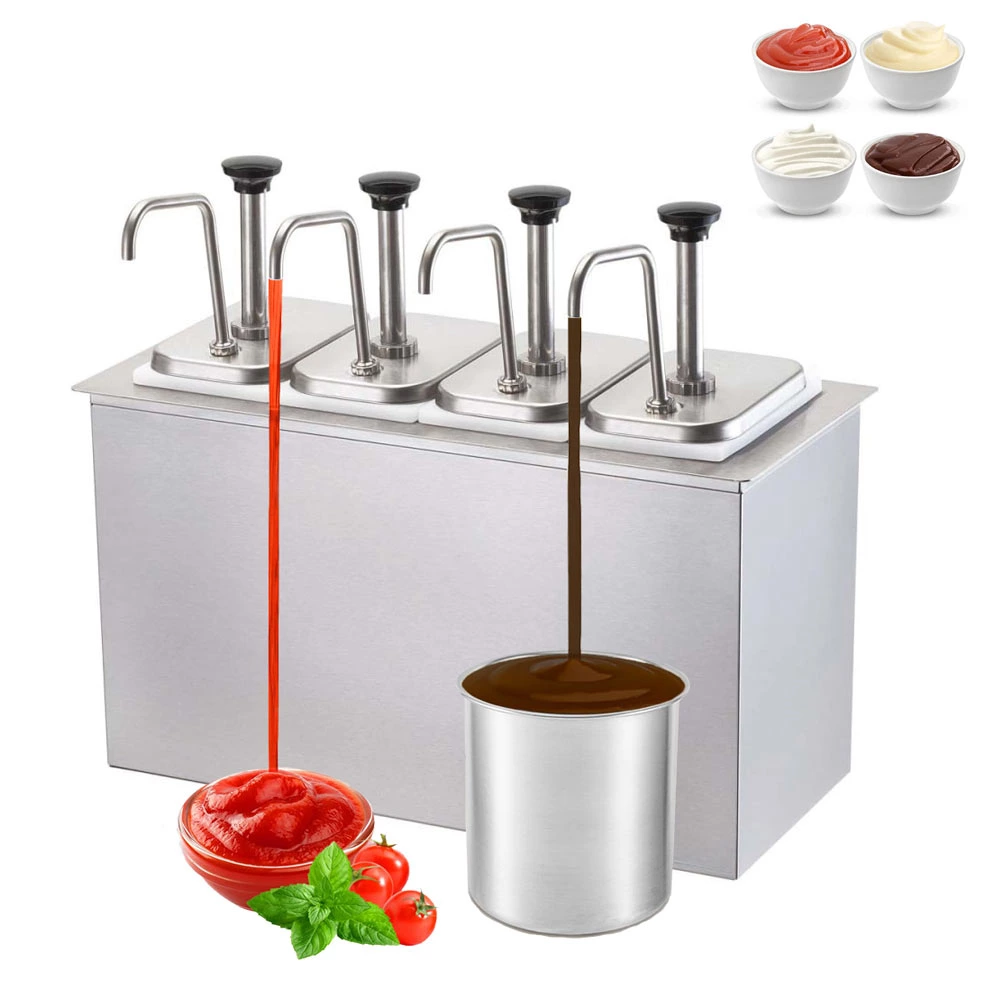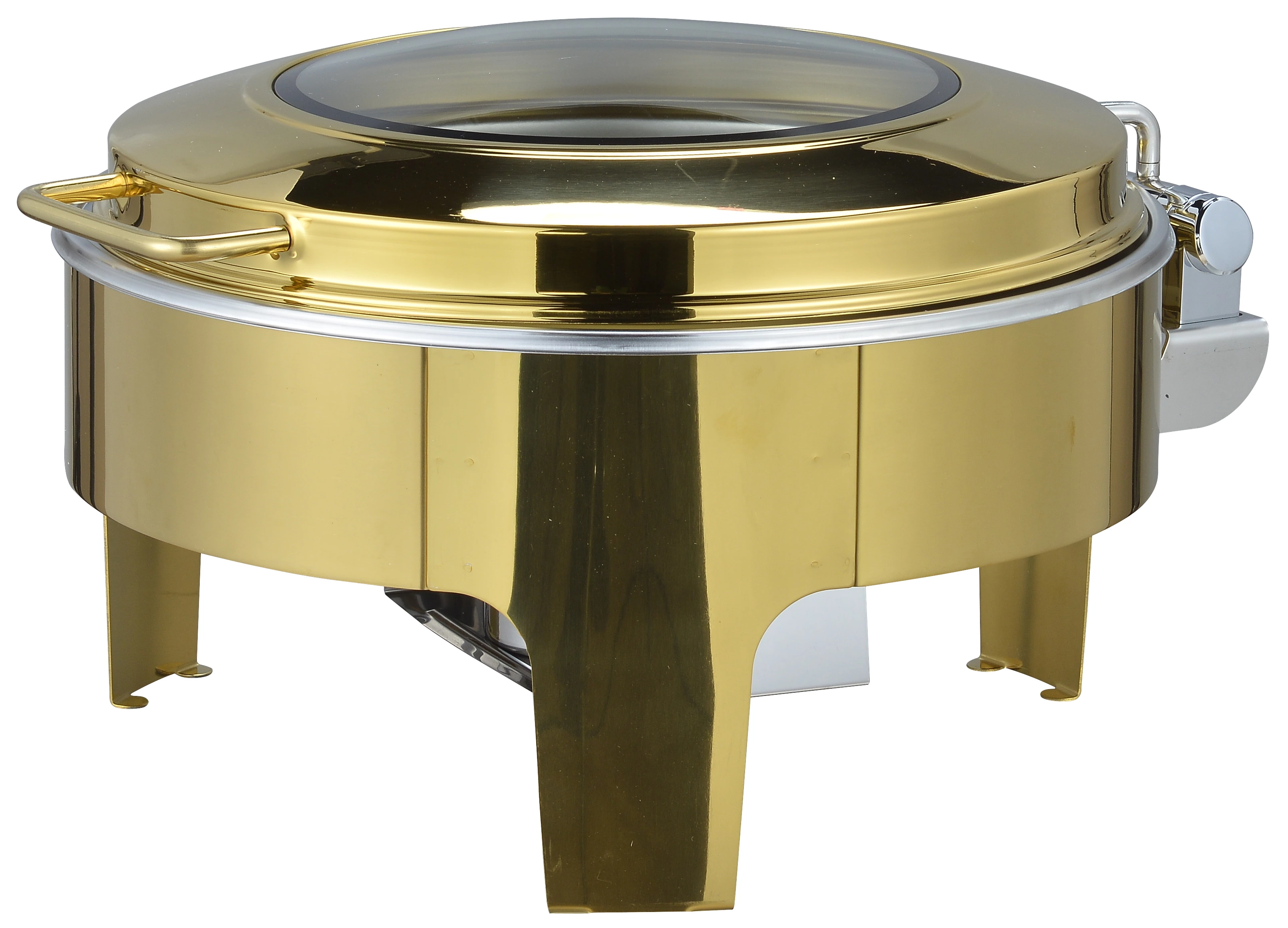Safety Knowledge Of Catering Kitchen Equipment
1. The gas and fuel pipelines and valves in the kitchen must be regularly inspected to prevent leakage. If gas and fuel leaks are found, the valve should be closed first, ventilation should be carried out in a timely manner, and the use of any open flames or starting power switches is strictly prohibited.
2. The gas cylinders in the kitchen should be managed together, with sufficient distance from high-temperature surfaces such as lamps or open flames, to prevent the gas cylinders from exploding due to high temperatures, causing combustible gas leakage and causing a fire. The stove in the kitchen should be installed on non combustible materials with sufficient distance from combustible materials to prevent burning.
3. When frying food, the oil in the pan should not exceed two-thirds of the oil in the pan, and attention should be paid to preventing water droplets and debris from falling into the pan, causing the oil to spill and catch fire. At the same time, when heating the oil pan, warm fire should be used to prevent excessive fire or high oil temperature from causing the oil pan to catch fire.
4. The walls and oil fume hoods near kitchen stoves that are prone to contamination should be cleaned daily, and the oil fume pipes should be cleaned at least every six months.
5. The electrical facilities in the kitchen should be strictly laid in accordance with national technical specifications, and the phenomenon of "replacing copper with aluminum" is strictly prohibited. The electrical wiring in the kitchen should be laid with insulated wires through hard PVC plastic pipes or steel pipes for exposed and concealed laying. When connecting the pipe mouth, between pipes, and between pipes and other accessories, corresponding fire prevention measures should be taken, or porcelain bottle exposed wires, lead wire, and plastic sheath wires should be used for exposed laying. Electrical switches, sockets, and other electrical equipment used in the kitchen should be enclosed to prevent water from seeping in from the outside. They should be installed away from gas and liquefied gas stoves to prevent sparks from being generated when turned on and causing the combustion of leaked gas and liquefied gas. All kinds of mechanical equipment running in the kitchen must not be overloaded with electricity, and attention should be paid to preventing electrical equipment and circuits from getting damp during use.
6. All kinds of cooking utensils used in the kitchen should be selected from products that have been inspected and qualified by the national quality inspection department. It is important to avoid choosing unqualified utensils for cheap prices. At the same time, these instruments should also be operated strictly according to regulations to prevent accidents from occurring.
7. Fire blankets should be equipped in the kitchen to extinguish various oil pot fires. In addition, a certain amount of ABC dry powder fire extinguisher facilities should be equipped in the kitchen and placed in a prominent location for emergency needs.
8. Operators should promptly close all gas and fuel valves, cut off gas and fire sources before leaving.
9. Notify the security department to conduct a fire safety inspection before the market closes daily.
10. Strictly abide by the fire safety management regulations of catering venues. Kitchen staff should operate stoves and other equipment according to the operating procedures. If a safety accident such as fire or disability occurs within the department, verbal warning, written warning, final warning, or dismissal will be given according to the severity of the situation. In the event of a serious accident, the parties involved and relevant responsible persons will be punished severely, and the catering establishments reserve the right to pursue criminal responsibility.
11. Responsible for managing hazardous material warehouses in accordance with the safety management regulations of catering establishments.
12. If the head chef is the fire safety responsible person of the department, the fire safety responsible person of the department shall be responsible for any accidents that occur within the department.




